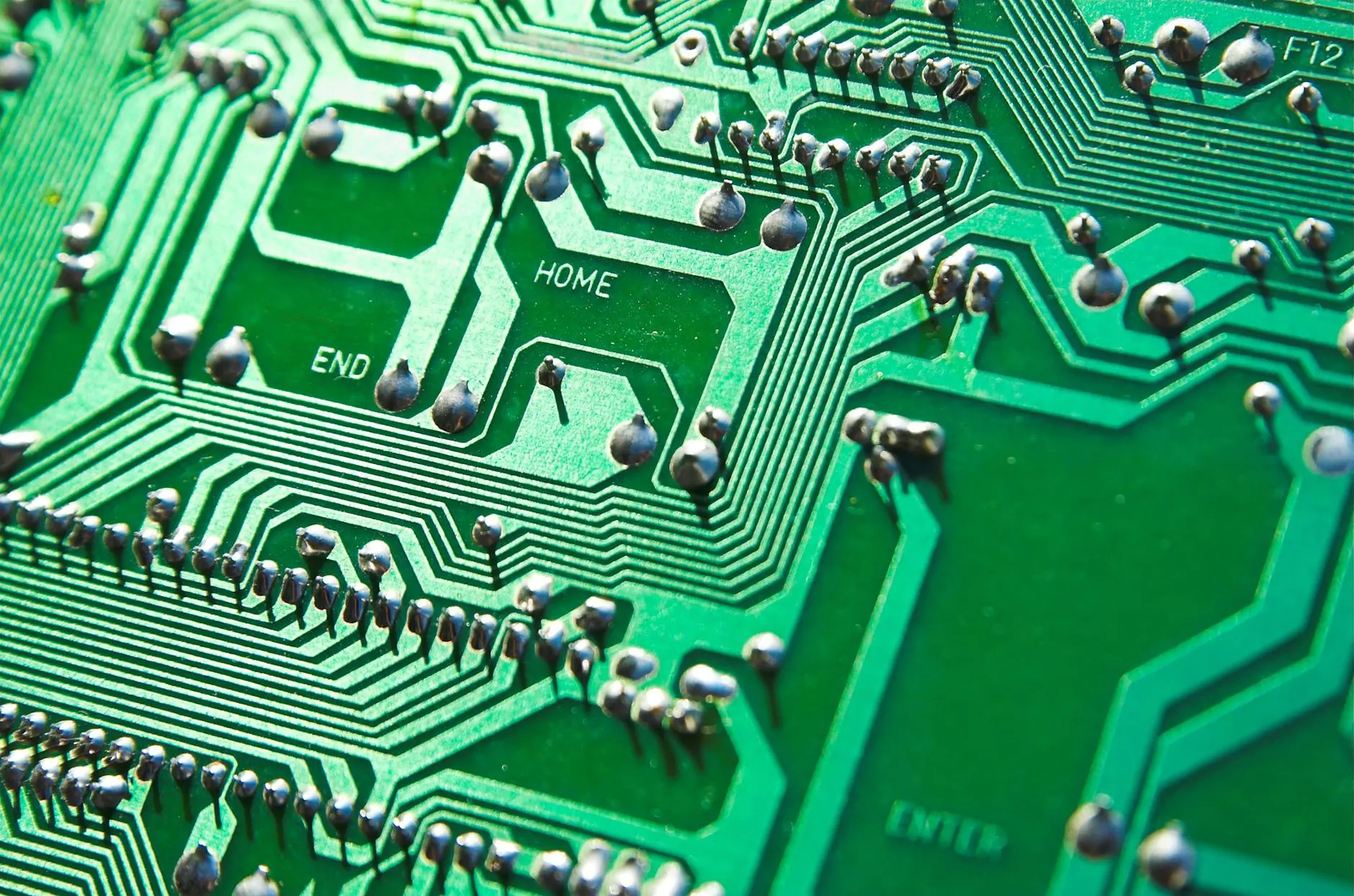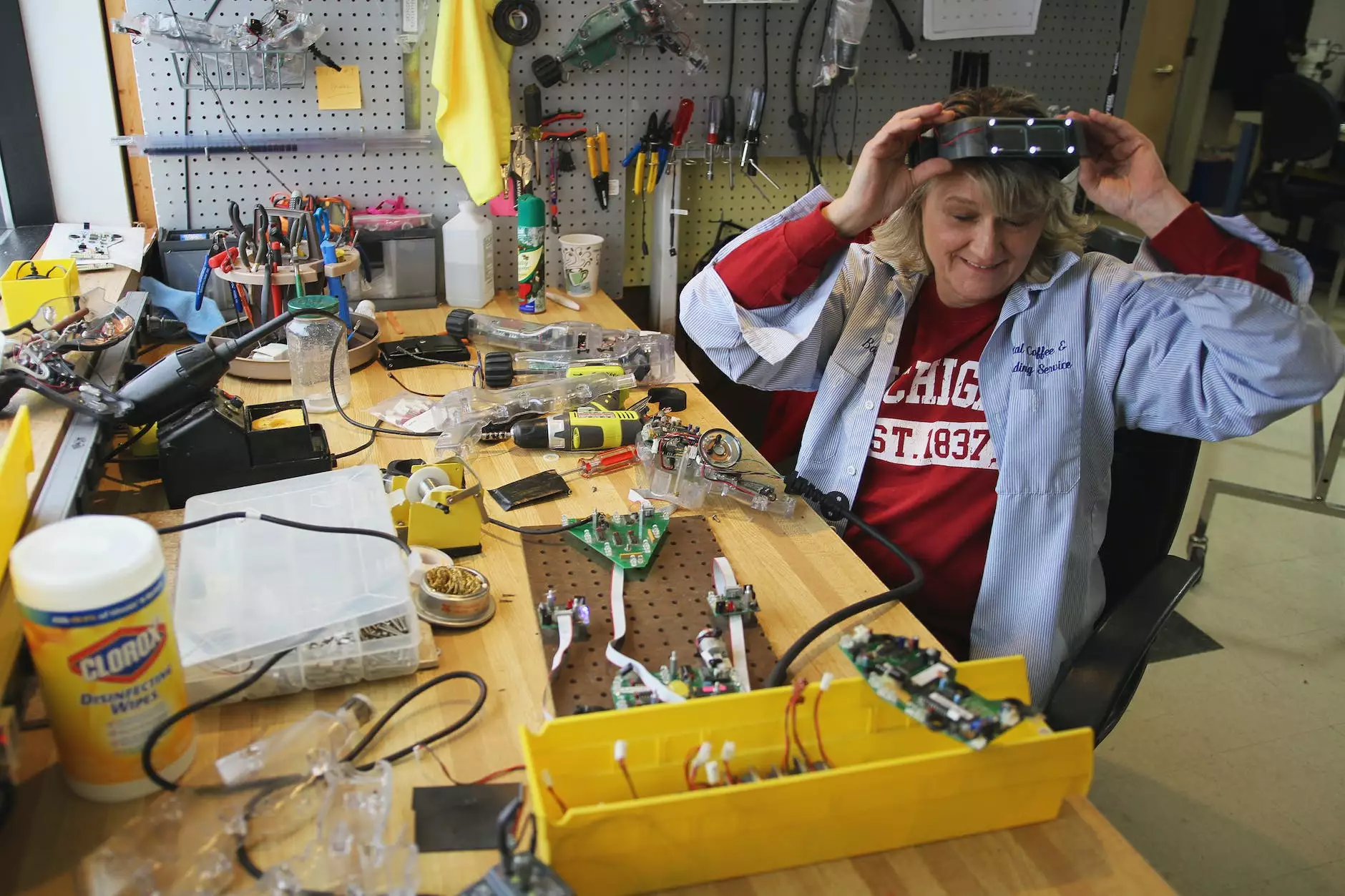Autonomous Devices Are Creating a New Wave of Business for OEMs

Introduction
As technology advances at an unprecedented pace, the emergence of autonomous devices is transforming the business landscape for Original Equipment Manufacturers (OEMs). These cutting-edge devices, empowered with intelligent capabilities, are revolutionizing industries such as manufacturing, logistics, healthcare, agriculture, and transportation.
The Rise of Autonomous Devices
In recent years, the rapid development of artificial intelligence (AI), robotics, and Internet of Things (IoT) technologies has paved the way for the rise of autonomous devices. These devices, equipped with advanced sensors, machine learning algorithms, and connectivity, can perform complex tasks without human intervention.
Benefits for OEMs
The integration of autonomous devices into business operations offers numerous benefits for OEMs:
- Increased Efficiency: Autonomous devices streamline processes, reduce errors, and improve overall efficiency. They can handle repetitive tasks, track inventory, optimize routes, and perform predictive maintenance, allowing OEMs to allocate resources more effectively.
- Enhanced Safety: With their ability to continuously monitor environments and make real-time decisions, autonomous devices contribute to improved workplace safety. They can mitigate risks, identify potential hazards, and prevent accidents, ensuring a secure working environment for employees.
- Cost Savings: By automating various tasks, autonomous devices help OEMs reduce operational costs in the long run. They minimize manual labor requirements, optimize energy consumption, and enable predictive maintenance, resulting in significant savings and increased profitability.
- Improved Product Quality: The precision and accuracy of autonomous devices ensure consistent product quality and reduce defects. Their ability to gather and analyze data in real-time allows OEMs to identify areas for improvement, optimize production processes, and deliver higher-quality products to customers.
The Impact on Industries
Autonomous devices are reshaping multiple industries, revolutionizing traditional approaches and creating new business opportunities:
Manufacturing
In the manufacturing sector, autonomous devices are enhancing production efficiency, increasing output, and improving product quality. Robots equipped with AI and machine vision systems can perform intricate assembly tasks with precision, resulting in accelerated production cycles and reduced error rates.
Logistics
Autonomous vehicles and drones are transforming the logistics industry. These devices enable efficient last-mile deliveries, optimize supply chain operations, and reduce transportation costs. With advanced route planning algorithms and real-time tracking capabilities, they ensure timely and secure deliveries.
Healthcare
In healthcare, autonomous devices are facilitating remote patient monitoring, precise surgical procedures, and drug administration. Robotic-assisted surgeries offer increased accuracy and reduced recovery time, while AI-powered diagnostics and personalized treatments improve patient outcomes.
Agriculture
Autonomous devices are revolutionizing the agriculture industry by enabling precision farming techniques. Drones equipped with sensors and advanced imaging technologies can monitor crop health, optimize fertilizer usage, and detect early signs of pest infestation. This results in higher crop yields and more sustainable farming practices.
Transportation
The transportation sector is experiencing a major transformation with autonomous vehicles. From self-driving cars to autonomous trucks, these devices promise increased safety, reduced traffic congestion, and enhanced mobility. They have the potential to revolutionize public transportation, making it more efficient and environmentally friendly.
Embracing the Future
To stay competitive in this era of autonomous devices, OEMs need to adapt their business models and embrace these technological advancements. Collaboration with technology providers and investment in research and development are crucial for staying ahead of the curve and capitalizing on the opportunities brought by autonomous devices.
In conclusion, autonomous devices are ushering in a new wave of business opportunities for OEMs across various industries. By leveraging the power of AI, robotics, and IoT, OEMs can achieve increased efficiency, enhanced safety, cost savings, and improved product quality. The impact of autonomous devices on industries such as manufacturing, logistics, healthcare, agriculture, and transportation is truly transformative. To thrive in this evolving landscape, OEMs must embrace these advancements and leverage autonomous devices to drive innovation and gain a competitive edge.










